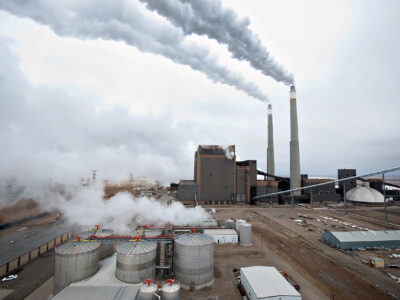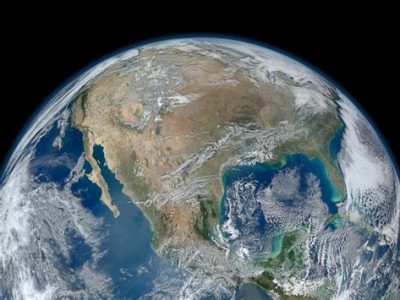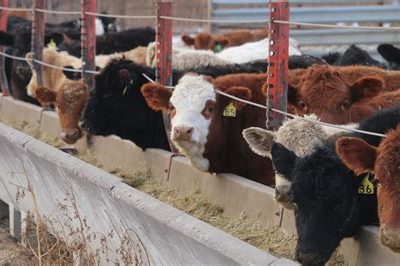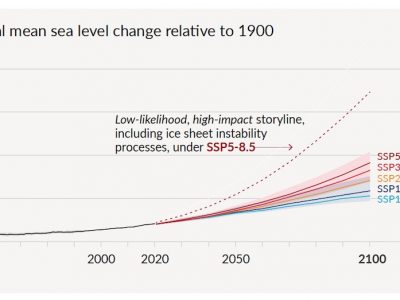scientific uncertainty
The New Particulate Standard and the Courts
The tough new air quality standard is sure to be challenged in court. Winning the challenges will be tougher.
EPA has just issued a rule tightening the air quality standard for PM2.5 — the tiny particles most dangerous to health — from an annual average of 12 μg/m³ (micrograms per cubic meter) down to 9 μg/m³. EPA estimates that, by the time the rule goes into effect in 2032, it will avoid 4500 premature …
Continue reading “The New Particulate Standard and the Courts”
CONTINUE READINGThe Utility Response to EPA’s Climate Rules
The power industry apparently shares some progressive doubts about CCS and hydrogen
There are three big takeaways from the utility industry’s comments on EPA’s proposed new climate rules. First, the industry seems to share progressive concerns about whether we can count on hydrogen and CCS (carbon capture and sequestration). Second, the industry doesn’t invoke the major question doctrine, making it clear that it does not view such …
Continue reading “The Utility Response to EPA’s Climate Rules”
CONTINUE READINGComparing the Risks of Climate Change and Geoengineering
The OSTP has adopted a ‘risk-risk’ framing in its report on geoengineering research: will this help or hinder sound climate policy?
Last month’s report on solar geoengineering research from the White House Office of Science and Technology Policy (OSTP) consolidated a shift in the discourse on this controversial technology. Over recent years advocates for more research have increasingly adopted a ‘risk-risk’ framing. As Gernot Wagner puts it in ‘Geoengineering: the Gamble’: “The decision is all about …
Continue reading “Comparing the Risks of Climate Change and Geoengineering”
CONTINUE READINGScenarios and Uncertainty
Imagining different futures can be the best way to think through options when we don’t know the odds.
In environmental law, we’re often operating at the limits of knowledge about the natural world and human behavior. Climate change is well understood in some ways, but it will set off a chain of reactions that we only partly understand. It’s also difficult to predict the future of ecosystems, future energy prices, technological changes, and …
Continue reading “Scenarios and Uncertainty”
CONTINUE READINGCost-Benefit Analysis and Deep Uncertainty
How should agencies take into account “the things we know we don’t know”?
Since 1981, cost-benefit analysis (CBA) has been at the core of the rule making process. OIRA, the so-called “regulatory czar” in the White House, must approve every significant regulation based on a review of its CBA. But CBA has had a major blind spot. It embodies techniques for analyzing possible harmful outcomes when the probability …
Continue reading “Cost-Benefit Analysis and Deep Uncertainty”
CONTINUE READINGArguments over Solar Geoengineering Research
Science Magazine weighs in
Doing research on environmental issues or responses is usually an easy call for policy-makers and gets wide political support, even if there’s disagreement what to do about the issue. But there is now one big exception: research on solar geoengineering (SG). SG would cool the Earth, temporarily and imperfectly offsetting some of the climate effects …
Continue reading “Arguments over Solar Geoengineering Research”
CONTINUE READINGThe Fuss about Methane
Part 1: Science and weird facts
Methane is getting a lot of attention in climate debates. There was even a “Methane Day” last Tuesday at the climate conference in Glasgow. Several new regulations controlling methane emissions have been adopted recently, including two new rules for the US oil and gas sector announced last week. There’s a new informal international agreement to …
Continue reading “The Fuss about Methane”
CONTINUE READINGCost-Benefit Analysis: FAQs
Cost-benefit analysis has been a key part of the regulatory process since 1980. Here’s how it works.
Cost-benefit analysis is required for all major regulations. It’s also highly controversial, as well as being a mysterious procedure unless you’re an economist. These FAQs will tell you what you need to know about how cost-benefit analysis (CBA) fits into the regulatory process, how it works, and why it’s controversial. Q: Let’s start with a …
Continue reading “Cost-Benefit Analysis: FAQs”
CONTINUE READINGHot off the Press: The New IPCC Report
The latest science confirms the need for urgent action.
The IPCC issued the massive first volume of its new report on climate change on Monday. This volume focuses on climate science: how much will the world warm, and what will the impacts be? The bottom line is that the evidence is becoming ever firmer that (a) humans are causing an unprecedented rate of climate …
Continue reading “Hot off the Press: The New IPCC Report”
CONTINUE READINGEarth System Interventions for Sustainability
We actively shape major Earth systems, with increasingly powerful technologies. We should face up to it.
Stewart Brand–a contender for the most interesting living person in the world–famously opened the Whole Earth Catalogue in 1969, “We are as gods and might as well get good at it.” Importantly (and often misunderstood), he meant not that we are gods, but instead that technologies have given humanity powers that had previously been exclusive …
Continue reading “Earth System Interventions for Sustainability”
CONTINUE READING












